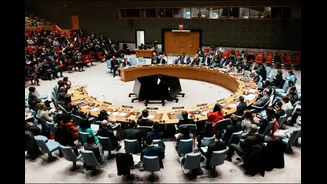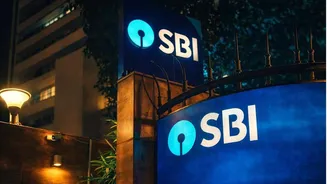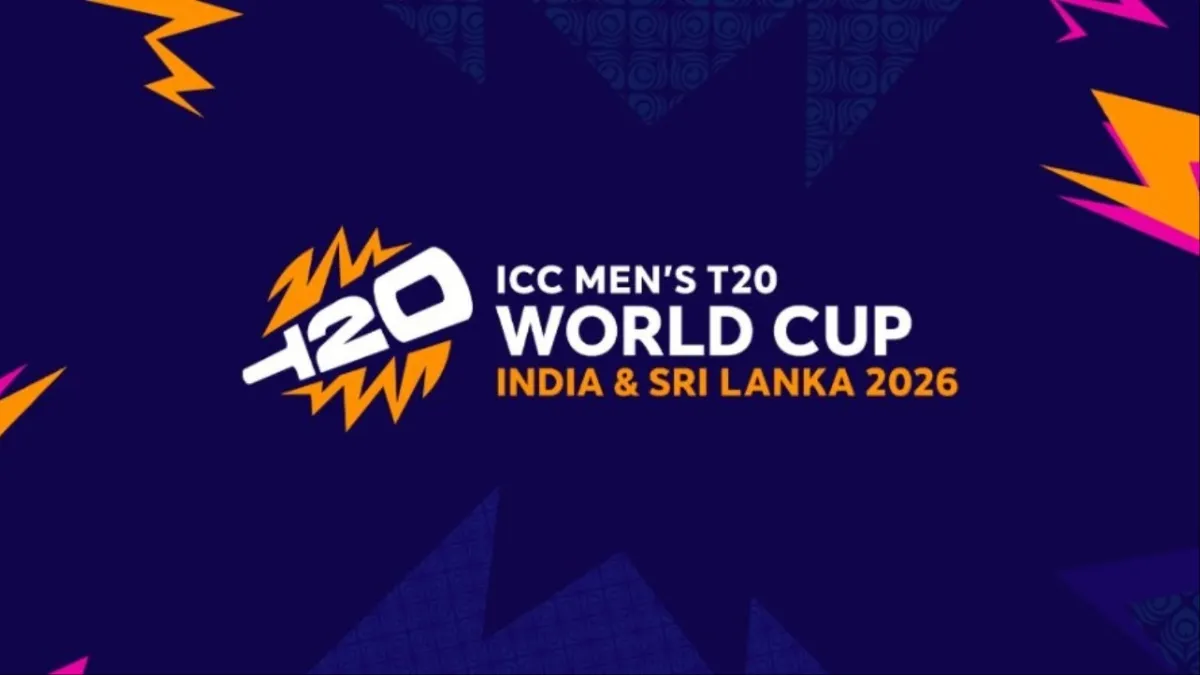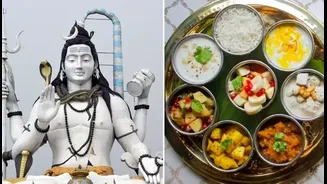Controversial hardline preacher Zakir Naik is set to receive a red-carpet welcome from Bangladesh’s interim government and its leader, Nobel laureate Muhammad Yunus, next month where he will deliver sermons
while touring the nation.
Naik was banned in Bangladesh after the 2016 terror siege at Dhaka’s Holey Artisan Bakery, where 20 people, including nine Italians, seven Japanese, one American and one Indian, were brutally killed by the Islamist group Jamaat-ul-Mujahideen Bangladesh (JMB).
The then Sheikh Hasina government had barred Naik’s entry after investigations revealed that two of the six attackers followed him on social media. At the time, Naik had over 14 million followers on Facebook, with about 4 million from Bangladesh alone.
“Zakir Naik’s speeches provoke militancy,” former Bangladeshi information minister Hasanul Haq Inu had said when the ban was imposed.
The assailants, who subscribed to both Islamic State ideology and Naik’s preachings, stormed the café in Dhaka’s upscale Gulshan area armed with bombs and assault rifles, opening fire on diners and staff.
During the 12-hour siege, Bangladeshi commandos rescued 13 hostages and killed six gunmen, while two police officers also lost their lives and 30 others were injured.
The attack remains one of Bangladesh’s deadliest terror incidents, with nine Italians, seven Japanese, one American, and one Indian among the victims.
On May 23, 2019, the Central Government issued a notification banning the Jamaat-ul-Mujahideen Bangladesh (JMB) and its offshoots, including Jamaat-ul-Mujahideen India/Hindustan, under Section 35(1)(a) of the Unlawful Activities (Prevention) Act, 1967. The notification cited these groups’ involvement in terrorism, radicalisation, and recruitment of youth for terrorist activities within India.
The preacher has remained a fugitive since 2016, wanted in India on charges of hate speech and promoting communal enmity. The National Investigation Agency (NIA) has booked him under the Unlawful Activities (Prevention) Act and relevant sections of the Indian Penal Code (now Bharatiya Nyaya Sanhita).
New Delhi has repeatedly sought his extradition from Malaysia, where Naik has been living in self-imposed exile, but Kuala Lumpur has refused to act on the requests so far.
The Bangladesh government’s approval of Naik’s visit comes months after Pakistan hosted him for a similar nationwide tour. During that trip, Naik was welcomed in Islamabad with full protocol, meeting political leaders and clerics alike.
He was also seen interacting with Lashkar-e-Taiba (LeT) operatives, three of whom were designated as international terrorists.
The India-born Naik, a trained medical doctor, is widely known for promoting Salafism, a conservative interpretation of the Quran. A Sunni Muslim, he has frequently made disparaging remarks about other sects of Islam and other religions. Critics also allege that some Islamist terrorists across the world were among his followers, accusing him of indirectly stoking radicalisation through his speeches.




















